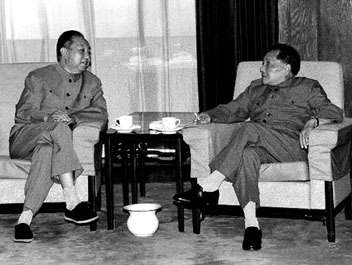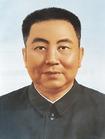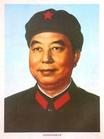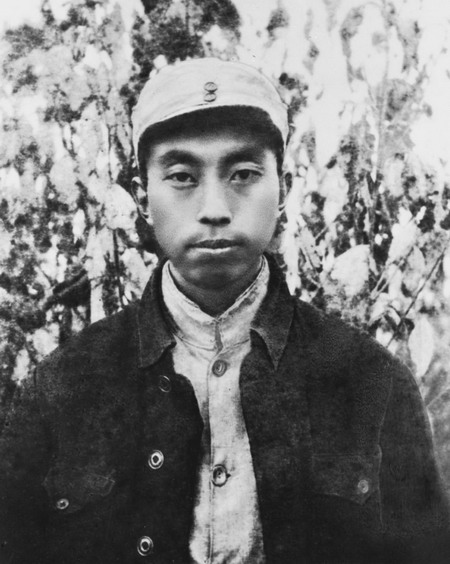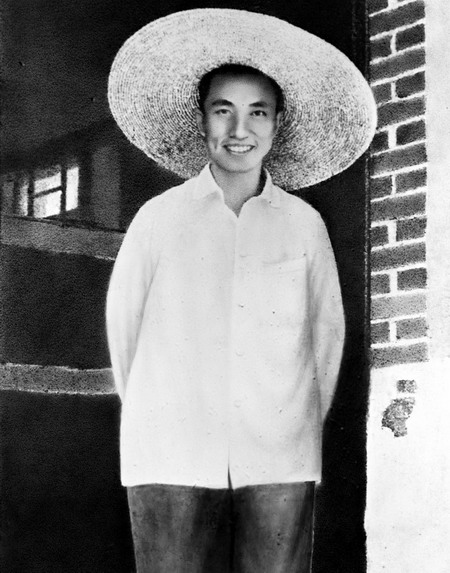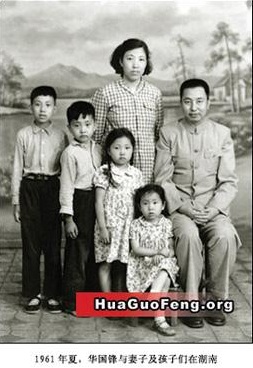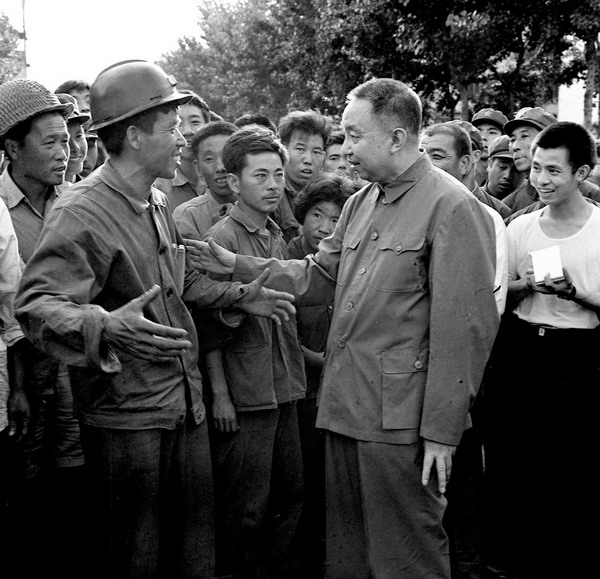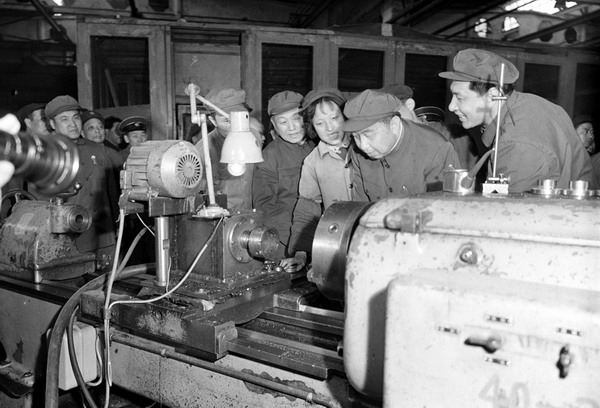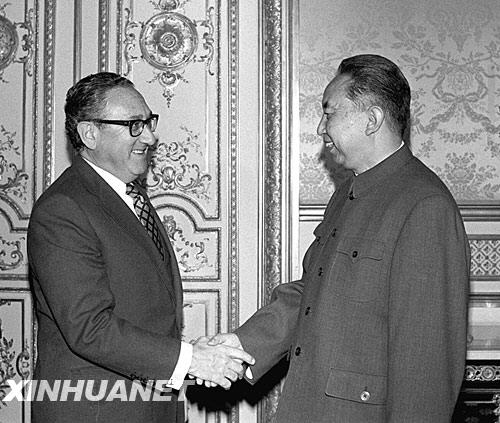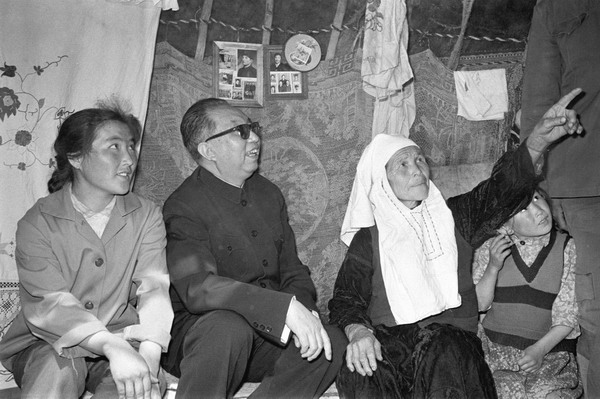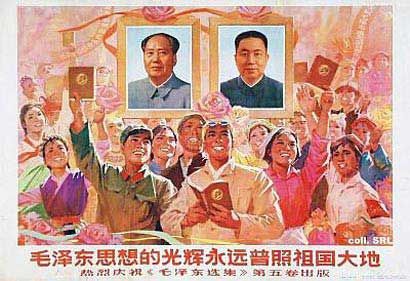BEIJING, Aug. 31, 2008 (Xinhua)
-- Hua Guofeng, a former leader of the Communist Party of
China (CPC), was cremated at Beijing's Babaoshan cemetery on
Sunday.
President
and Communist Party of China (CPC) Central Committee General
Secretary Hu Jintao and his predecessor, Jiang Zemin, sent
their condolences on his passing.
In
addition to Hu, the other members of the Standing Committee
of the CPC Central Committee Political Bureau Wu Bangguo,
Wen Jiabao, Jia Qinglin, Li Changchun, Xi Jinping, Li
Keqiang, He Guoqiang and Zhou Yongkang, also sent
condolences.
Hua was
called in the official obituary "an outstanding CPC member,
a long-tested and loyal Communist fighter and a proletarian
revolutionary who once held important leading posts in the
CPC and the government."
Hua died
of illness at 12:50 p.m. on Aug. 20 in Beijing at 87.
Born in
1921 to a tannery worker's family in Jiaocheng County of
northern Shanxi Province, he was originally given the name
Shu Zhu. He later changed it to Hua Guofeng after joining
the war against Japanese aggression in 1938. The same year,
he joined the CPC.
After
being sent back by the Party to his hometown, Hua led the
local resistance movement against the Japanese and later the
Kuomintang army. In 1949, he moved to central Hunan Province
with the People's Liberation Army and worked as a local
official until 1971.
During
his stay in Hunan, Hua performed well in improving local
agriculture and rural development. Then Chinese leader Mao
Zedong had said he was "an honest man that did not lie."

Hua was
promoted to the State Council in 1971 and was elected as a
member of the CPC Central Committee Political Bureau in
1973, when he was assigned to take charge of agriculture
development under the leadership of then Premier Zhou Enlai.
Two years later he was appointed vice premier and minister
of public security.
Following
Zhou's death on Jan. 8, 1976, Hua took his place to lead the
Cabinet. He had also effectively handled the rescue and
relief work in the 7.8-magnitude earthquake that leveled
Tangshan City in the northern Hebei Province on July 28 the
same year.
On Sept.
9, Mao passed away. In the following months, Hua played a
critical role in crushing the "Gang of Four," a political
group that had put the country in chaos during the Cultural
Revolution (1966-1976). Its core members, including Mao's
widow Jiang Qing, were arrested and jailed. (Picture: Hua
and Mao)
During
his four years as the chairman of the CPC Central Committee
and Central Military Commission, Hua worked with other
senior Party leaders to restore the country's political and
economic life and started correcting cases of officials who
were wronged during the Cultural Revolution.
He
resigned from his posts in June 1981 and stayed as the CPC
Central Committee vice chairman and a member of the Standing
Committee of CPC Central Committee Political Bureau until
September 1982.
Hua was
a member of the ninth to 15th CPC Central Committees and a
member of the Standing Committees of the 10th and 11th CPC
Central Committee Political Bureaus. He was also a special
delegate to both the CPC 16th and 17th National Congress.
"In his
70 years working for the revolution, Hua had been loyal to
Communism, loved the Party and people, always put the
Party's cause first and devoted his whole life to
independence and liberation of the Chinese people as well as
construction of socialism," said an official statement.
"He never
bothered what he personally got or lost ... always putting
the interests of the Party and people first."



